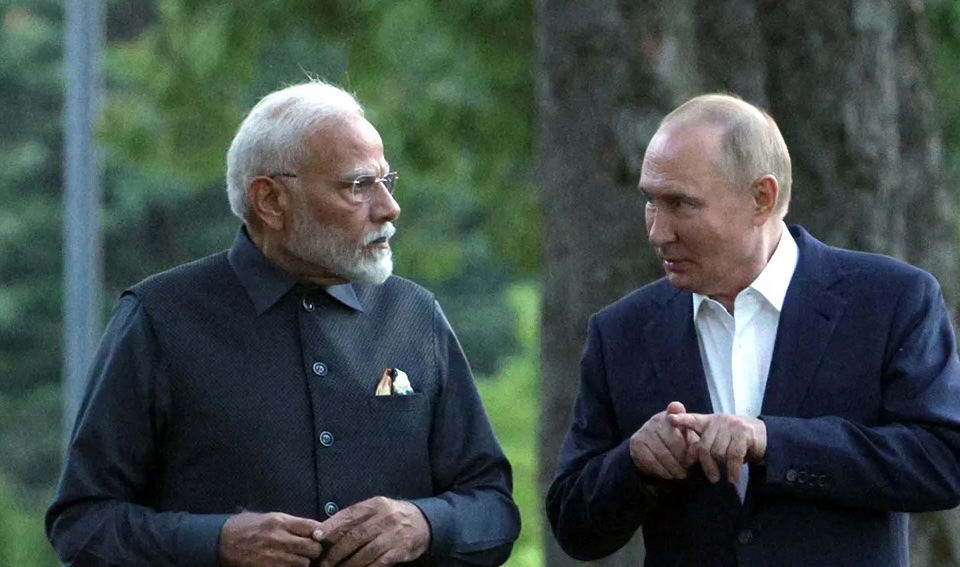Already a subscriber? Make sure to log into your account before viewing this content. You can access your account by hitting the “login” button on the top right corner. Still unable to see the content after signing in? Make sure your card on file is up-to-date.
India has responded to warnings from both President Trump and NATO Secretary-General Mark Rutte over “100% secondary sanctions” that could be imposed on Russia’s trade partners in 50 days.
Some shit you should know before you read: Earlier this week, President Trump announced that if Russia does not agree to a ceasefire and engage in serious peace negotiations within 50 days, his administration will impose sweeping secondary tariffs (up to 100%) on countries that continue to trade with Russia. These measures are aimed squarely at pressuring Russia by targeting its economic lifeline: global energy exports. Crude oil sales remain a cornerstone of the Russian economy, accounting for a significant portion of its wartime revenue. Since Western nations imposed sanctions after the 2022 invasion of Ukraine, Russia has relied on offering steep discounts to attract new buyers. India has emerged as one of Russia’s largest energy customers, now purchasing over 30% of its crude oil from Russia (up from less than 2% before the war).

What’s going on now: In a notable development, Indian officials have pushed back against the escalating rhetoric from Western leaders, particularly in response to NATO Secretary-General Mark Rutte’s warning of “100% secondary sanctions” on countries trading with Russia. Speaking on behalf of the Indian government, Ministry of External Affairs spokesman Randhir Jaiswal emphasized that India’s energy policy is shaped by practical needs and market dynamics rather than geopolitical pressure.
He said, “Let me reiterate that securing energy needs of our people is understandably an overriding priority for us. In this endeavor, we are guided by what is on offer in the markets, and by the prevailing global circumstances.” He also issued a pointed rebuke to the West, saying, “We would particularly caution against any double standards on the issue,” highlighting India’s frustration with what it perceives as inconsistent or hypocritical policies from NATO and the US. Notably, some NATO members are still purchasing Russian oil & LNG.
Notably, Union Minister for Petroleum and Natural Gas Hardeep Singh Puri said that India was prepared for whatever could come, noting that the country “has diversified the sources of supply” and is now purchasing oil from roughly 40 countries (up from 27).
This all comes as a separate bipartisan bill in the Senate that seeks to impose 500% sanctions on countries doing business with Russia continues to gain traction. Introduced by Senators Lindsey Graham (R-SC) and Richard Blumenthal (D-CT), the legislation aims to dramatically escalate economic pressure by targeting both direct and indirect financial ties to the Kremlin, particularly through energy trade.







